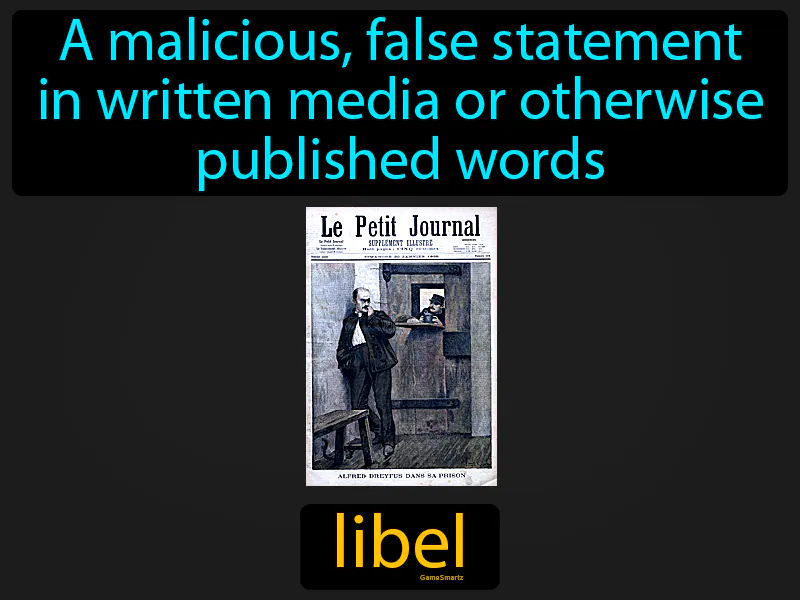Libel
Libel: Easy to understand
During the Growth of Western Democracies between 1815-1915, libel laws became important to protect individuals from false and damaging written statements, as the press became more influential. This period saw a rise in newspapers and periodicals, leading to a greater need for legal standards to ensure truthfulness and prevent character assassination. Libel laws responded to the problem of misinformation, which could harm reputations and sway public opinion unfairly. Today, libel remains significant as it protects people from false statements that could harm their personal or professional lives, especially with the rapid sharing of information online. For example, if someone falsely accuses a teacher of misconduct in a social media post, it could damage their career and reputation, illustrating the importance of responsible communication and the continuing relevance of libel laws.

Practice Version

Libel: A malicious, false statement in written media or otherwise published words. Libel. In history, libel has been used to unjustly damage a person's reputation through false and harmful written accusations.